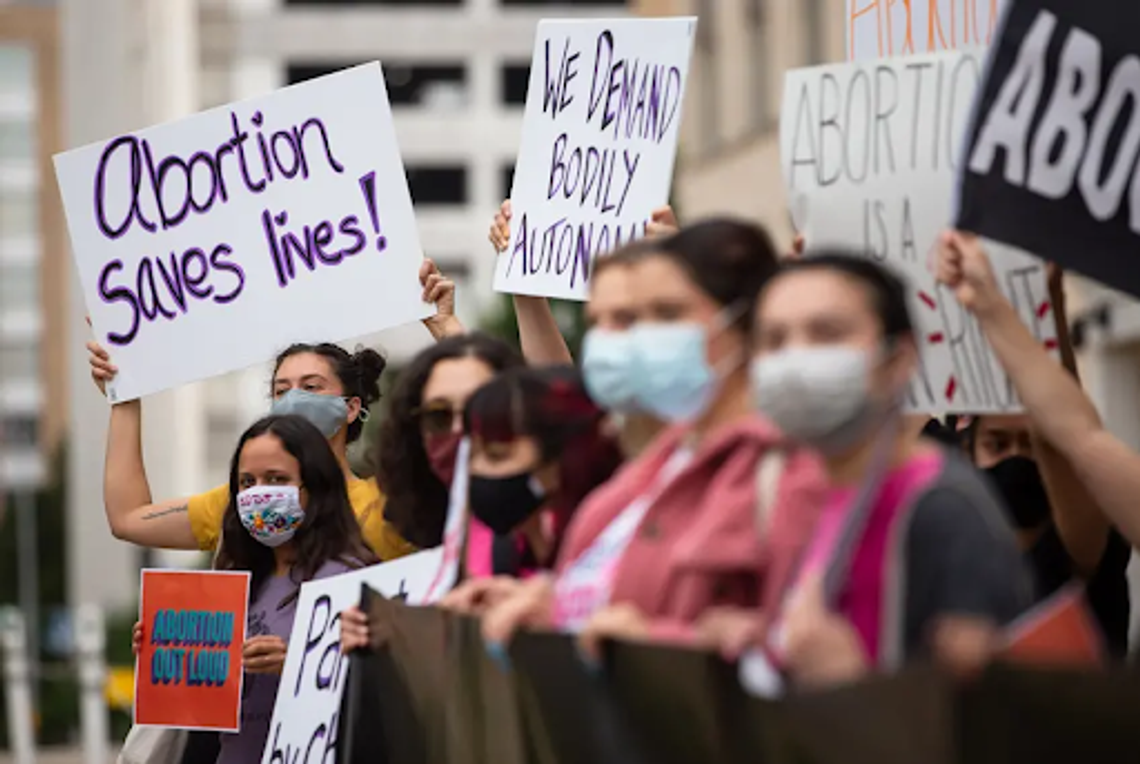By Sahar Chmais
Jane, 22 years old at the time, thought she was six weeks pregnant when she went to have her abortion; to her surprise, she was eight weeks along. Under the newly passed Heartbeat Bill, Jane would not have had a chance to even consider that option.
(Jane is not her real name, as she wants to remain anonymous.)
PLEASE LOG IN FOR PREMIUM CONTENT. Our website requires visitors to log in to view the best local news.
Not yet a subscriber? Subscribe today!











